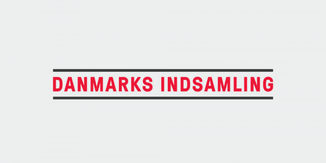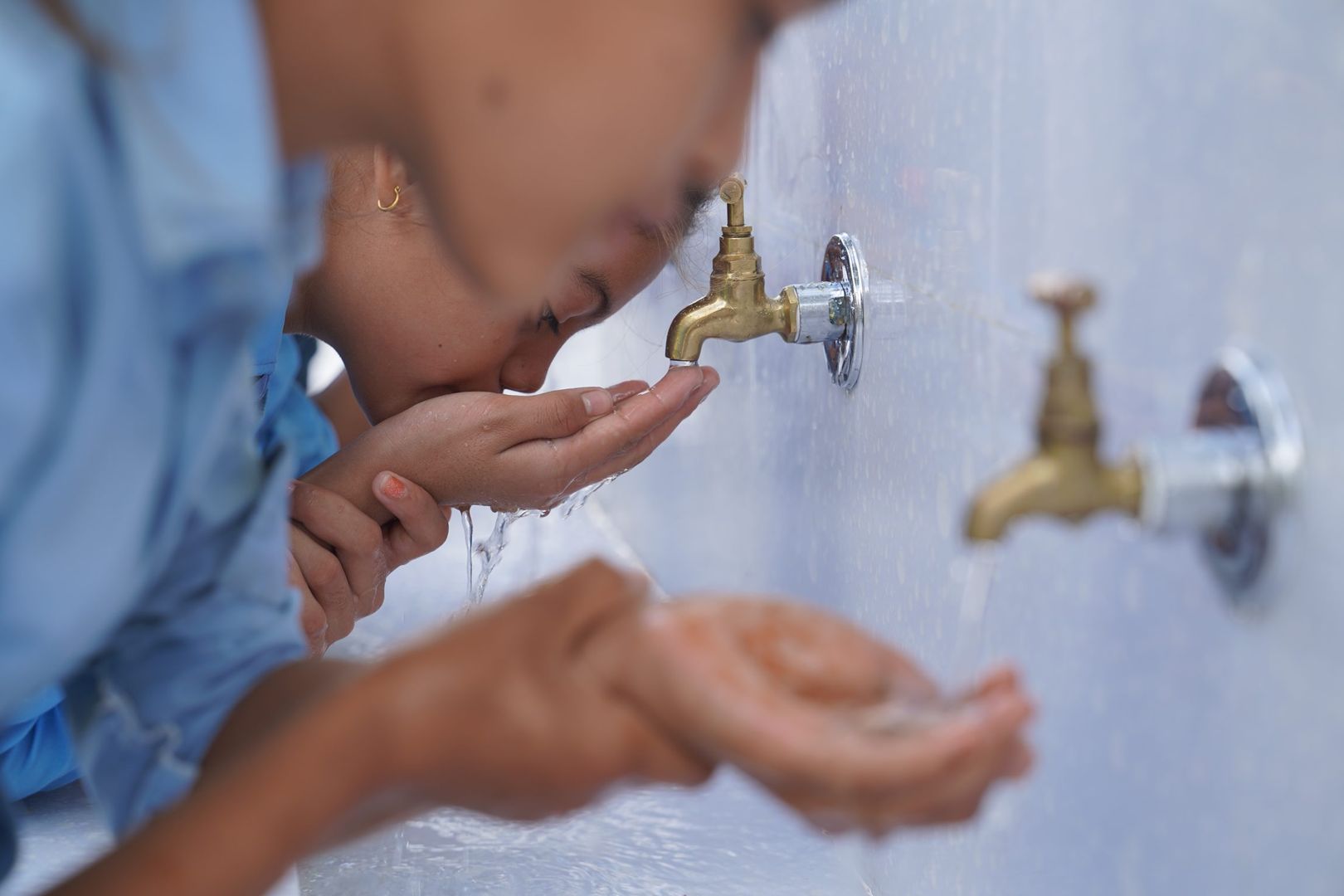The Issue
The farming communities and their organisations in the project sites (Barbardiya and Gulariya Municipality of Bardiya district and Gauriganga Municipality and Kailari Rural Municipalities of Kailali district) lack the capacity to communicate, coordinate and negotiate with the local governments (Palikas) and private sector service providers to access resources and services for livelihoods and health.
They have limited technical capacity and resources to adopt climate-resilient agriculture and food production practices. In addition, marginalised and ethnic groups in the project sites are vulnerable to climate-induced risks such as floods and winter droughts.
The project areas are surrounded by rivers from three sides and experience recurrent flooding, affecting crop and livestock productivity, jeopardizing livelihoods, and increasing the risk of displacing people, affecting the poor and marginalised, the most.
COVID-19 has further compounded these socio-economic challenges as more than hundreds of thousands of Nepali migrant workers and daily wage labourers have lost their jobs. Therefore, through this project, it aims to support poor, marginalised, and displaced people of the Kailali & Bardiya districts of Nepal in obtaining the goal of a worthy life through improved access to food, clean drinking water, and social services by applying innovative and digital solutions.
The Project
The project seeks to enhance the well-being of marginalized communities, particularly poor and vulnerable children, adolescents, and women, in Kenya, Nepal, and Iraq. It aims to build resilience among these groups in the face of natural disasters, man-made crises, and pandemics, ultimately enabling them to lead dignified lives while enjoying their human rights.
In Nepal, the project concentrates its efforts in Bardiya and Kailali Districts, where it employs innovative digital solutions to provide better access to food, clean drinking water, social services and climate resilience. The project targets various groups, including children, adolescents, women, smallholder farmers, and value chain actors.
Specifically, the project focuses on ensuring that marginalized individuals have access to essential resources like food, clean water, services, and protection. It also seeks to promote their independence, improve living conditions, and enhance resilience against various challenges.
Approximately 3,000 women and 500 men will benefit from the project towards improving livelihoods, enhancing nutrition, providing better health and sanitation, and creating safer school environments in these target areas. These outcomes align with the broader mission of ensuring a peaceful and dignified life for the project’s beneficiaries.
The Change
The project in its work area is enhancing the resilience of marginalized populations against natural disasters, man-made crises, and pandemics. By providing access to essential resources like food, clean drinking water, healthcare, and education, the project is improving living conditions and overall well-being. This will empower marginalized individuals, especially women, children, and smallholder farmers, to lead dignified lives and assert their human rights.
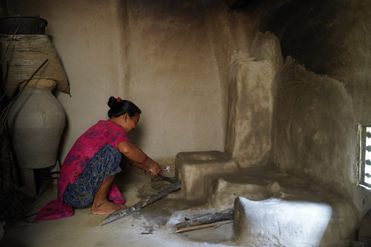
The project works on including improved income generation, enhanced nutrition, better health and sanitation, and safer school environments, which are all geared toward addressing critical challenges faced by these communities. By focusing on these key areas, the project aims to uplift livelihoods, reduce vulnerability to climate-related disasters, and foster a sense of independence among the marginalized. The expected results include strengthened livelihoods for poor and marginalized households, improved nutrition for children, women, and food-insecure households, and enhanced access to better healthcare and sanitation. Ultimately, the project seeks to promote peaceful co-existence and respect for human rights among marginalized populations, ensuring that they can lead fulfilling lives with improved access to services, economic opportunities, and living conditions.
The Results
- Enhanced Livelihood of the marginalized groups: Strengthened 146 producer groups with 3,581 members, of which 3,341 were women. Mobilized NPR 7.80 million in savings and NPR 5.77 million for income-generating activities. Established four cooperatives with 1,313 members and mobilized NPR 258,041. Supported the launch of 115 enterprises, mainly led by women and youth, ensuring sustainable income.
- Improved Nutrition and Education: Set up 20 model home gardens, benefiting 485 farmers, primarily women. Provided nutrition education to 1,259 women. Trained 215 adolescent girls on menstrual hygiene. Installed 551 bio-sand filters, offering clean drinking water. Promoted clean cooking stoves in 12 communities, reducing indoor air pollution.
- Better Health and Sanitation: Educated 340 women on dignified menstruation and sanitary pad preparation. Installed hand-washing stations and distributed bio-sand filters. Introduced clean cooking stoves, improving indoor air quality for 211 households.
- Enhanced School Environment and Safety: Upgraded infrastructure in six schools, benefiting 1,529 students. Raised awareness among parents and students about accessing government resources, including scholarships. Fostered climate change and DRR awareness among teachers and students.
Partner(s)
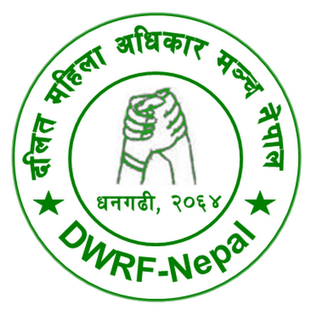
Dalit Women Rights Forum (DWRF): DWRF brings a wealth of experience and expertise in the realm of women’s rights, gender equality, and social empowerment. Their track record of leading campaigns against harmful traditional practices, such as Chaupadi and child marriage, demonstrates their commitment to improving the lives of women and marginalized communities. Moreover, DWRF’s strong connections with local governments enable effective policy advocacy and program implementation at the grassroots level.
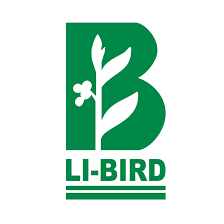
Local Initiatives for Biodiversity, Research and Development (LI-BIRD): LI-BIRD is a non-profit, non-governmental organisation established in 1995, committed to capitalizing on local resources, innovations, and institutions for sustainable management of natural resources for improving livelihoods of smallholder farmers. It has been a pioneer organisation in developing and strengthening participatory research methodologies in agro-biodiversity and natural resource management, playing an instrumental role in institutionalising these approaches in the national systems.
Our Work
In the implementation of the AADHAR project, DCA employs a comprehensive and integrated approach to “Build Resilient Communities.” With a focus on enhancing local capacities, reducing vulnerabilities, and promoting sustainable development. Under the overarching theme of “Save Lives,” DCA strengthen institutions, communities, and civil society organizations to ensure they are well-prepared for risks and equipped for rapid humanitarian response when needed. Simultaneously, in alignment with the theme to “Fight Extreme Inequalities,” we empower marginalized individuals and communities, fostering inclusivity and advocating for fairness and equity in all aspects of the work. Additionally, the project addresses climate change as a cross-cutting theme, recognizing its significant impact on resilience and sustainability. By harmonizing these elements, DCA is dedicated to creating resilient, inclusive communities capable of saving lives, combating inequalities, and adapting to the challenges posed by climate change.
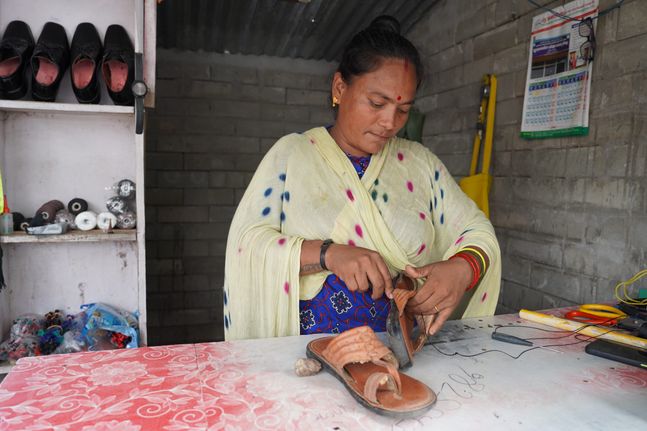
About this project
Full title: DI_AADHAR- Everyone has the right to a worthy life
Period: 01 March 2021 – 29 February 2024
Partner(s): DWRF, TWUC
Amount: 3,000,000 DKK
Donor: DANMARKS INDSAMLING
